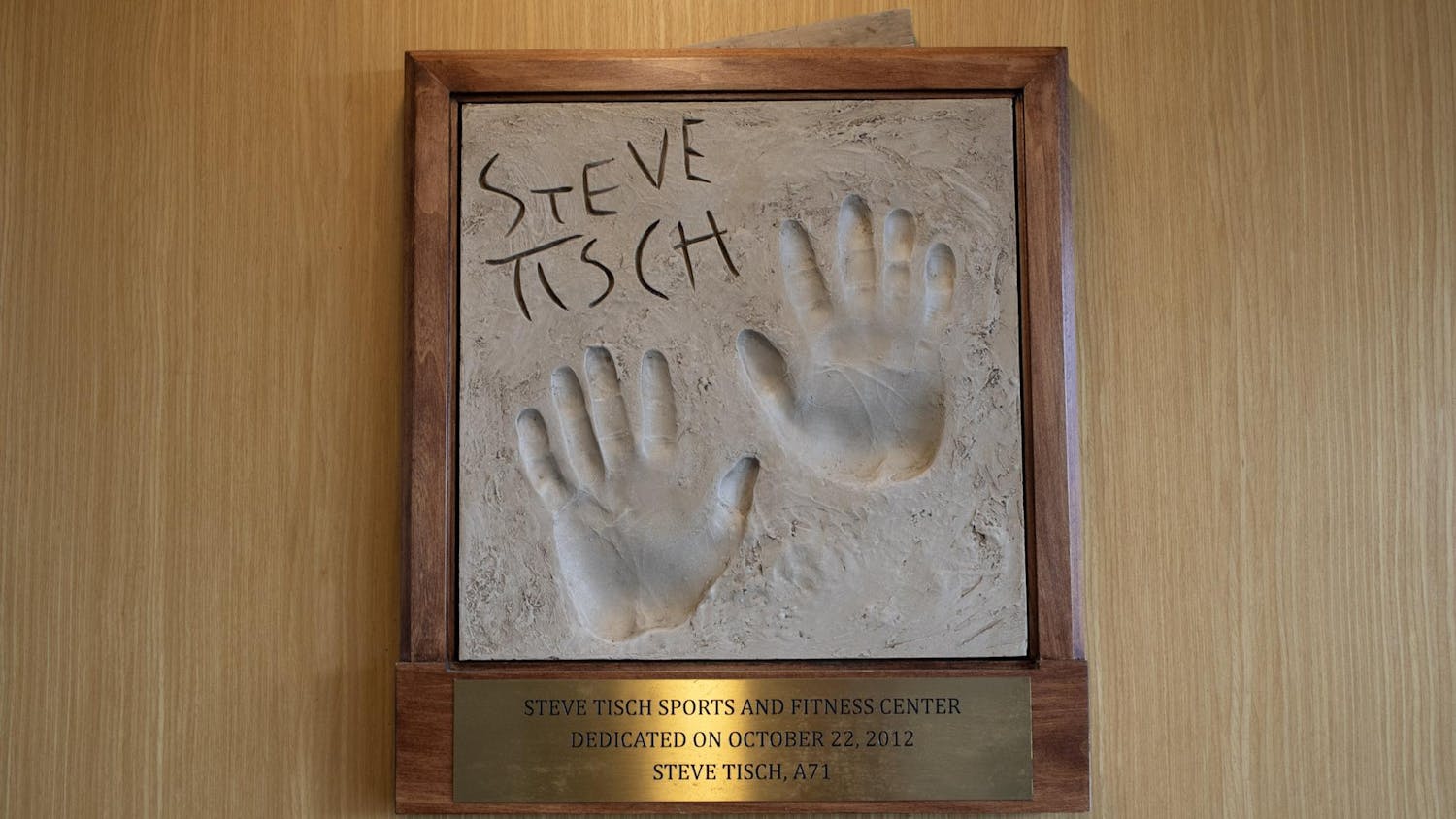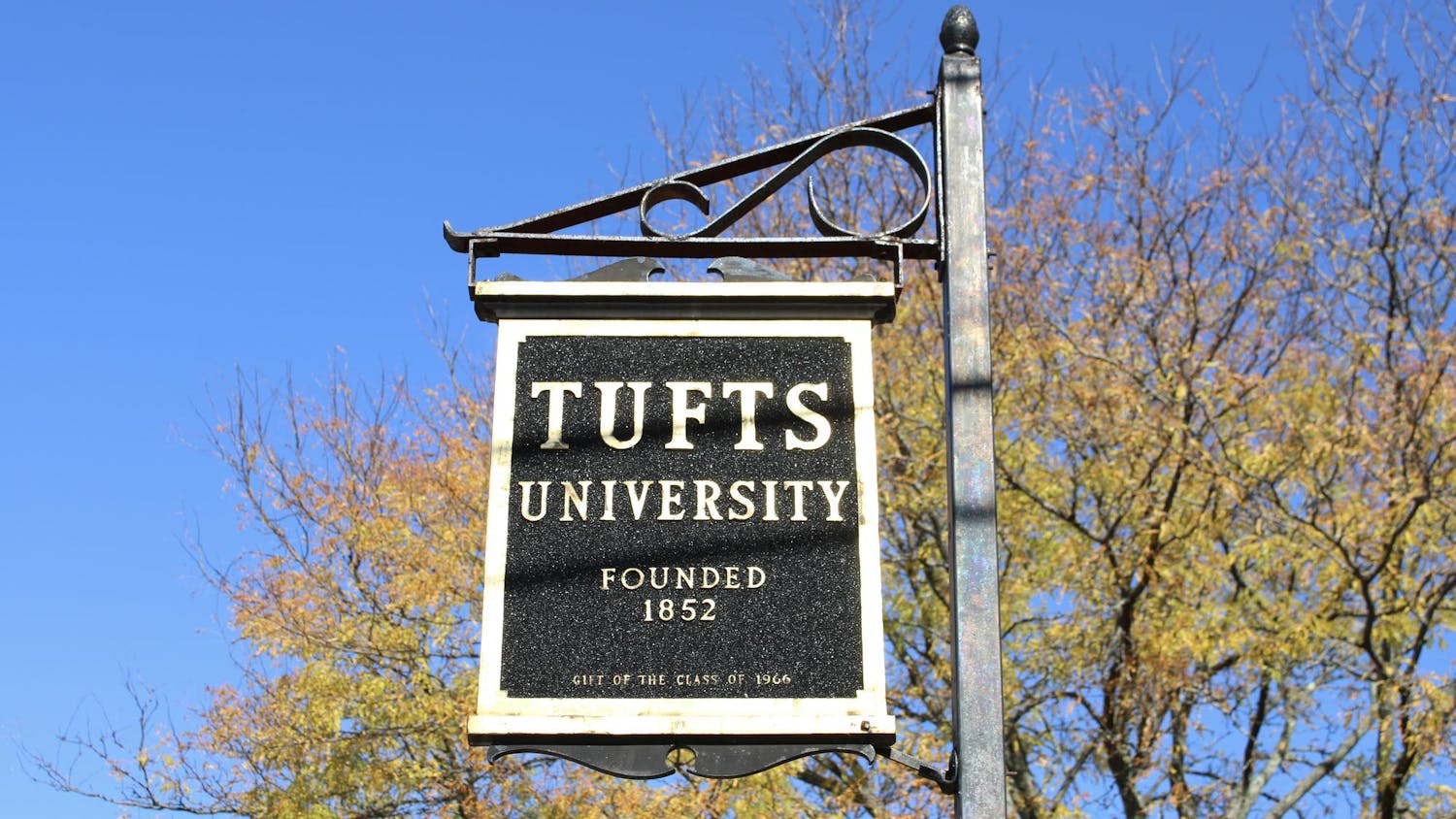On Oct. 31, the Supreme Court heard oral arguments from lawsuits against both Harvard University and the University of North Carolina at Chapel Hill, who are being sued over the legality of affirmative action. A Supreme Court ruling that affirmative action is unconstitutional would prevent institutions like Tufts from cultivating diversity within their student body.
Affirmative action allows colleges and universities to consider an applicant’s race as one of many factors when reviewing their application. It first originated in a 1965 executive order that required government contractors to “take affirmative action” to ensure equal opportunity within jobs. However, in 1976, affirmative action in university applications was challenged in the case of Regents of the University of California v. Bakkewhen UC Davis’ medical school set aside 16 spots for minority students. The Supreme Court ultimately ruled that racial quotas were illegal under the Civil Rights Act, though the court stipulated that it was constitutional to consider race as a factor in admissions so long as there was no quota. This case set a legal precedent that would remain relatively stable until today.
The recent ideologically conservative leaning decision on Dobbs v. Jackson Women’s Health Organization undid federal protections for abortion. Affirmative action, largely favored by Democratic voters and opposed by Republicans, is now similarly at risk. Though it is important to emphasize that Supreme Court justices do not explicitly subscribe to one political party or ideology, a strong argument can be made that the court is currently skewed in favor of conservatives. On the current court, six of the nine current justices were appointed by Republican presidents and hold largely right-leaning views. Due to the composition of the court and the fact that affirmative action has been denounced by many influential conservatives such as the unsuccessful 2022 Senate candidate Blake Masters, supporters of affirmative action have strong reason to be concerned that the current conservatively leaning Supreme Court may remove the practice.
Affirmative action is a crucial part of the admissions process for higher education institutions. Currently, 41.5% of universities in the United States consider race in admissions. This number is only accentuated at more competitive universities — 60% of universities that have an acceptance rate of 40% or lower factor in race when evaluating applicants. Affirmative action is critical at these high-level institutions that historically have been majority white, as it allows schools to continue to build ethnic and racial diversity. Take, for example, states in which affirmative action has already been banned. In Michigan, race-conscious admissions in public universities have been banned since 2006. Since then, diversity has decreased rapidly, with enrollment of Black undergraduate students falling from 7% in 2006 to 4% in 2021. This change in enrollment occurred despite the number of college-aged African Americans in Michigan rising from 16% to 19%.
The predominant argument against affirmative action is relatively simple — factoring race into college admissions crosses the line into racial discrimination. However, in my mind, affirmative action is best viewed in terms of equality versus equity. Equality is the belief that everyone should be treated the same, while equity states that those who need the most help should receive the most aid. In an ideal world without racism and underrepresentation, it would make sense for applicants’ ethnicity not to be considered. Yet America’s past, and unfortunately its present, too, show that discrimination does occur, especially for racial and ethnic minorities. Therefore, affirmative action is an equitable way for minorities to eventually attain parity within the college application process and ultimately use their education to further their position within the social and economic hierarchy.
The court only just heard arguments for the Harvard and UNC cases — which were consolidated into one joint session — so its decision will likely be released in June. Depending on the result, the Class of 2028 and onward will be affected. Tufts University has filed an amicus brief — further writing that supplements a court argument — in favor of affirmative action, showing support for Harvard and UNC. As Martin Luther King Jr. once said, “the moral arc of the universe is long, but it bends toward justice.” Should the Supreme Court prevent the next generation of underrepresented minorities from getting a fair shot at higher education, the moral arc of the universe will get a little bit longer.






